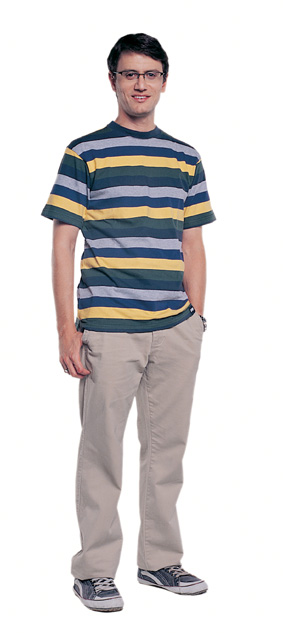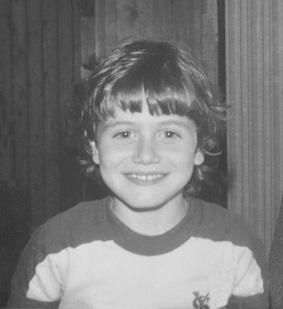Are you a journalist? Please sign up here for our press releases
Subscribe to our monthly newsletter:

What makes two pictures, or two people, look alike to us? Why does one voice remind us of another? How can we tell if two genes, or two proteins, are similar? Oren Boiman, a research student in the group of Prof. Michal Irani in the Weizmann Institute's Computer Science and Applied Mathematics Department, is developing a method to help answer all these questions.
Similarity, in Boiman's method, can be gauged by knowing how easily one picture can be assembled from the pieces of another – something like a jigsaw puzzle. If the puzzle can be reassembled into the new picture from a few large pieces that fit together well, the two pictures are said to be similar. By the same token, the more complicated it becomes to create that second picture, the more they're unlike each other. Boiman is developing a computer algorithm that does just this: It assembles one picture from the pieces of another and determines just how complex the process is – in other words, how similar or dissimilar the two are.
"I first became interested in science at age 10, when my parents bought me a microscope. Around that time, I also started reading the science entries in the encyclopedia."

If computers can quickly assess the similarity between two data sets, they might then be able to pick out those pieces of the puzzle that stand out in opposition to the norm. Thus Boiman envisions his algorithm might be used to rapidly spot a person acting suspiciously in a large crowd, identify sounds that could herald mechanical problems or pinpoint biological anomalies that could presage disease.
"I chose to study at the Weizmann Graduate School because the learning experience there is different – more open than in any other research institution in Israel."
Oren Boiman’s research in the lab of Prof. Michal Irani is supported by the A.M.N. Fund for the Promotion of Science, Culture and Arts in Israel.